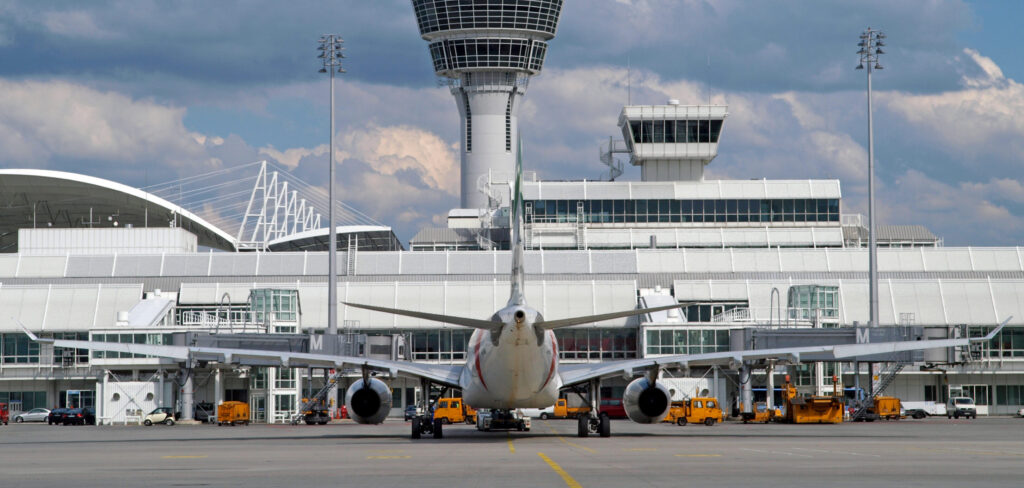The Munich Terminal 1 Airline Club, a group of carriers operating from Terminal 1 in Munich Airport in Germany, have adopted Amadeus cloud technology to simplify and improve the passenger service operations of its members.
The club is a group of airlines responsible for selecting and managing shared technology at key service points like check-in and boarding. With the objective of improving the efficiency of this shared infrastructure, Munich T1 Airline Club has now migrated 330 workstations at check-in counters, boarding gates and lost and found desks to the Amadeus Airport Cloud Use Service (ACUS). The move eliminates the need for local servers and costly legacy networks. Instead, agents can now access any departure control system they need using energy-efficient thin client machines, which connect to the cloud using a single cost-effective internet link.
According to Amadeus, ACUS reduces the complexity of IT at the airport terminal lessening the need for system administration, on-site support teams and complex network projects. Accessing airline departure control systems and software from the cloud also opens the potential for agents to serve passengers using mobile devices, rather than being fixed to traditional locations like a check-in desk. Now that passenger services at Munich Airport Terminal 1 are powered by ACUS, airlines joining Munich’s T1 Airline Club can be implemented much faster and ready for operations in a few days.
Patrik Toepfner, chairman of the Munich T1 Airline Club at Munich Airport, said, “We’ve selected Amadeus as our partner for shared infrastructure because its cloud model greatly simplifies the technology we use at the airport. We are confident this choice will streamline our operations and improve the overall travel experience for passengers at Munich Terminal 1.”
Yannick Beunardeau, senior vice president of airport and airline operations Amadeus EMEA, said, “A growing number of airports and airlines are recognizing the simplicity of accessing passenger service technology from the cloud. With this modern approach, agents can focus on delivering the best possible service to passengers using any airline system they need through an internet browser. We’re seeing specialist software at airports become more like the simple consumer applications we use in our personal lives and that can only be a good thing.”
To find out more about Munich Airport’s latest developments, click here.


